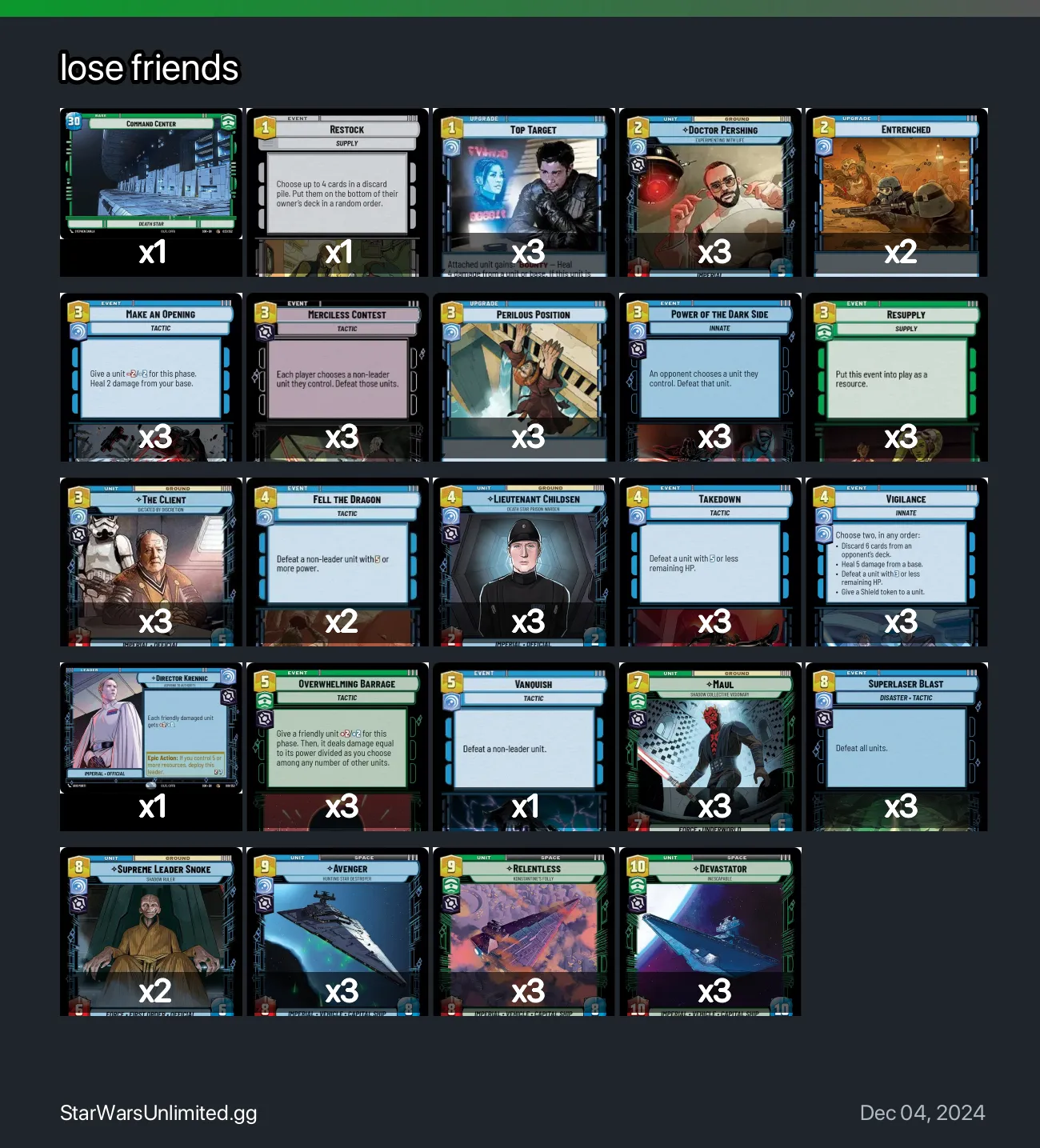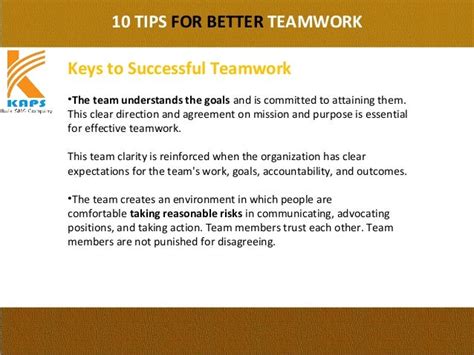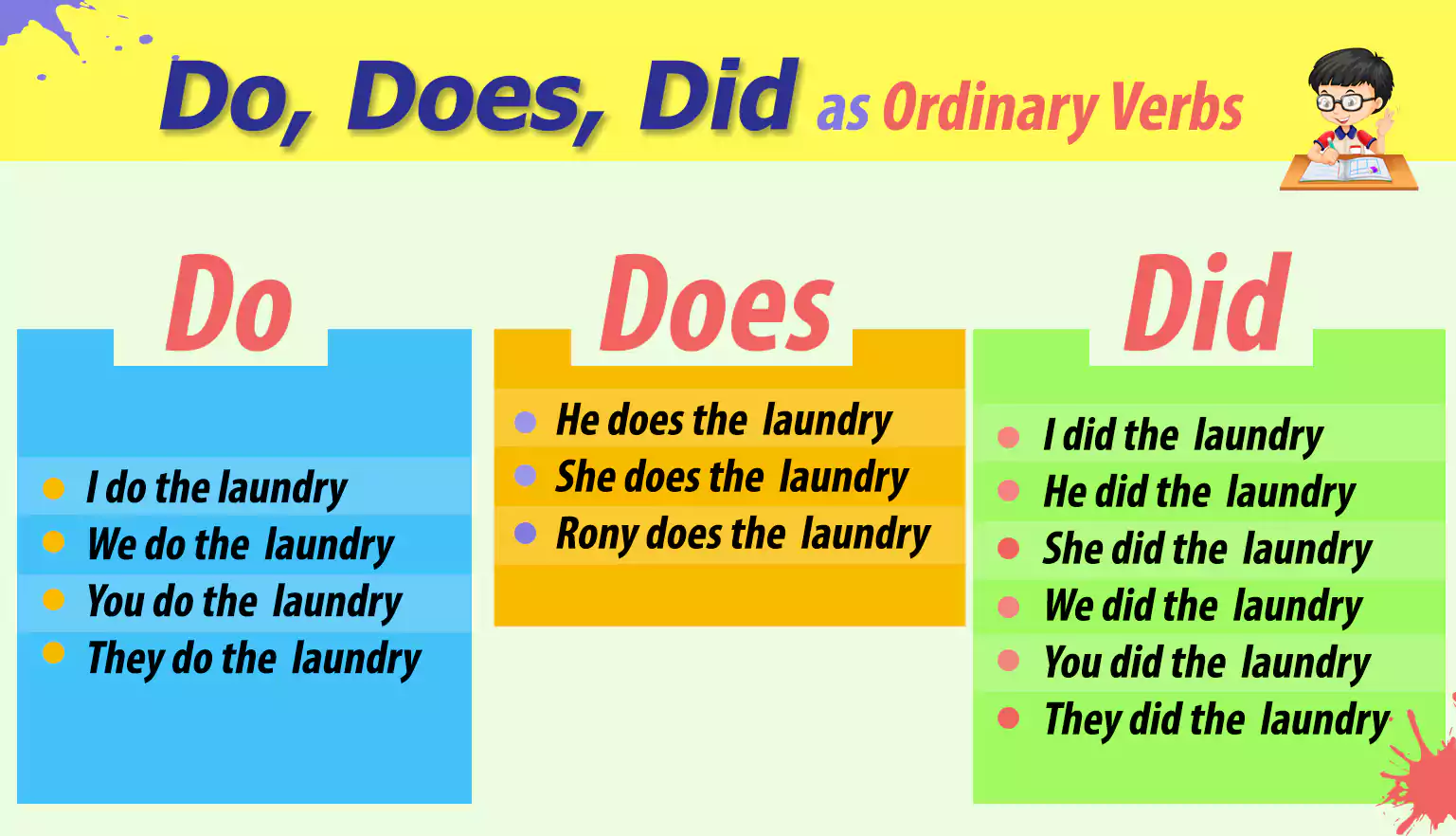Losing friends can be a difficult and painful experience, but sometimes it’s a necessary step in personal growth and development. If you’re looking to distance yourself from toxic or unhealthy relationships, it’s essential to approach the situation with care and sensitivity. However, if you’re wondering how to lose friends in a more general sense, it’s crucial to understand that true friendships are built on mutual respect, trust, and communication.
That being said, there are certain behaviors and attitudes that can damage or destroy friendships. Here are some common mistakes people make that can lead to losing friends:
Lack of communication: Failing to stay in touch, not listening to your friends, or ignoring their concerns can create distance and resentment. When you don’t make an effort to communicate, your friends may feel like you’re not interested in their lives or that you’re taking them for granted.
Disrespect and insensitivity: Treating your friends with disrespect, mocking their opinions, or being insensitive to their feelings can be incredibly hurtful. When you prioritize your own needs and desires over your friends’, you may find that they begin to pull away.
Unreliability and flakiness: Constantly canceling plans, failing to follow through on commitments, or being unreliable can erode trust and damage friendships. When you’re not dependable, your friends may start to feel like they can’t count on you.
Gossiping and betrayal: Sharing confidential information, gossiping about your friends, or betraying their trust can be a significant breach of friendship. When you break the trust, it can be challenging to repair, and your friends may decide to distance themselves from you.
Being overly critical or judgmental: Constantly criticizing or judging your friends can be damaging to their self-esteem and make them feel like they’re not good enough. When you focus on their flaws rather than their strengths, you may push them away.
Not being supportive: Failing to be there for your friends during difficult times, not offering emotional support, or being unsympathetic to their struggles can create feelings of isolation and disconnection. When you’re not supportive, your friends may feel like they’re on their own.
Being selfish or narcissistic: Prioritizing your own needs and desires above your friends’, being excessively self-centered, or expecting special treatment can be off-putting and damage friendships. When you’re too focused on yourself, you may neglect your friends’ needs and feelings.
Not respecting boundaries: Ignoring or disregarding your friends’ boundaries, overstepping, or being overly intrusive can be invasive and uncomfortable. When you don’t respect their boundaries, you may push them away.
Being dishonest or untrustworthy: Lying, deceiving, or being untruthful can destroy trust and damage friendships. When you’re not honest, your friends may question your integrity and decide to end the friendship.
Not making an effort to grow or improve: Failing to work on personal growth, not being open to feedback, or being resistant to change can make you appear stagnant or uninterested in self-improvement. When you’re not striving to become a better person, your friends may lose interest in the friendship.
It’s essential to remember that losing friends can be a natural part of life, and sometimes it’s necessary for personal growth. However, if you’re looking to maintain healthy and fulfilling friendships, it’s crucial to prioritize mutual respect, trust, and communication.
What are some common signs that a friendship is toxic or unhealthy?
+Some common signs of a toxic or unhealthy friendship include feeling drained, anxious, or depressed after interactions, being constantly criticized or belittled, or feeling like you're walking on eggshells around your friend. Other signs may include a lack of respect, trust, or communication, or feeling like you're being used or taken advantage of.
How can I distance myself from a toxic friend without feeling guilty?
+Distancing yourself from a toxic friend can be challenging, but it's essential to prioritize your own well-being. Start by setting boundaries and limiting your interactions with the toxic friend. It's also crucial to surround yourself with positive, supportive people who uplift and care about you. Remember that you deserve to be treated with respect and kindness, and it's okay to prioritize your own needs.
Can I repair a damaged friendship, or is it sometimes better to move on?
+While it's possible to repair a damaged friendship, it's essential to consider whether the relationship is toxic or unhealthy. If the friendship is causing you more harm than good, it may be better to move on. However, if the issue is a result of a misunderstanding or a lack of communication, it may be possible to repair the friendship with effort and commitment from both parties. Ultimately, it's crucial to prioritize your own emotional well-being and make decisions that support your growth and happiness.
In conclusion, losing friends can be a difficult experience, but it’s sometimes necessary for personal growth and development. By understanding the common mistakes people make that can damage or destroy friendships, you can take steps to maintain healthy and fulfilling relationships. Remember to prioritize mutual respect, trust, and communication, and don’t be afraid to distance yourself from toxic or unhealthy relationships. With time and effort, you can build strong, supportive friendships that bring joy and fulfillment to your life.



